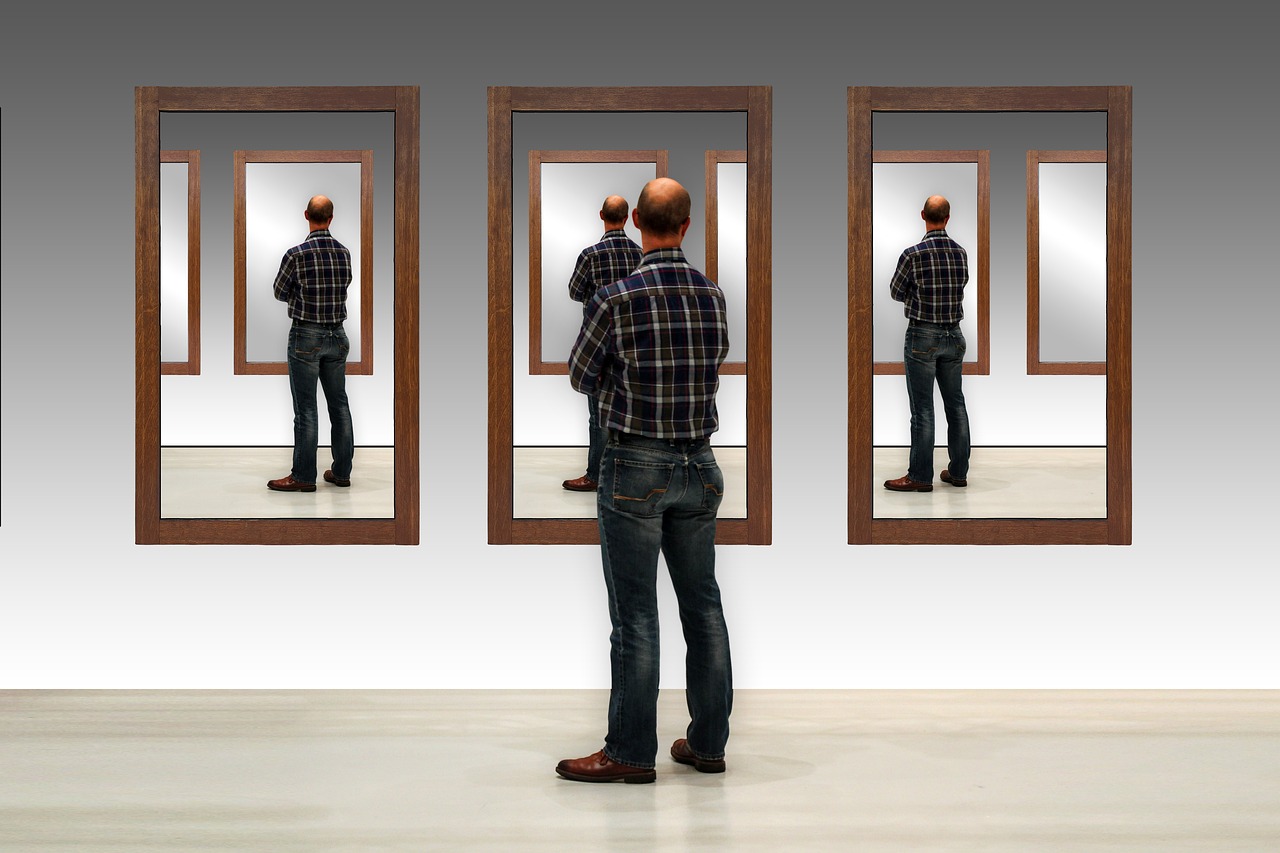The windmills in your mind: reflection for reflective writing and lifelong learning
One of the most challenging questions asked after important events has always been, “so what really did just happen?” Join me on a journey down the rabbit hole of reflective writing in search of answers!





